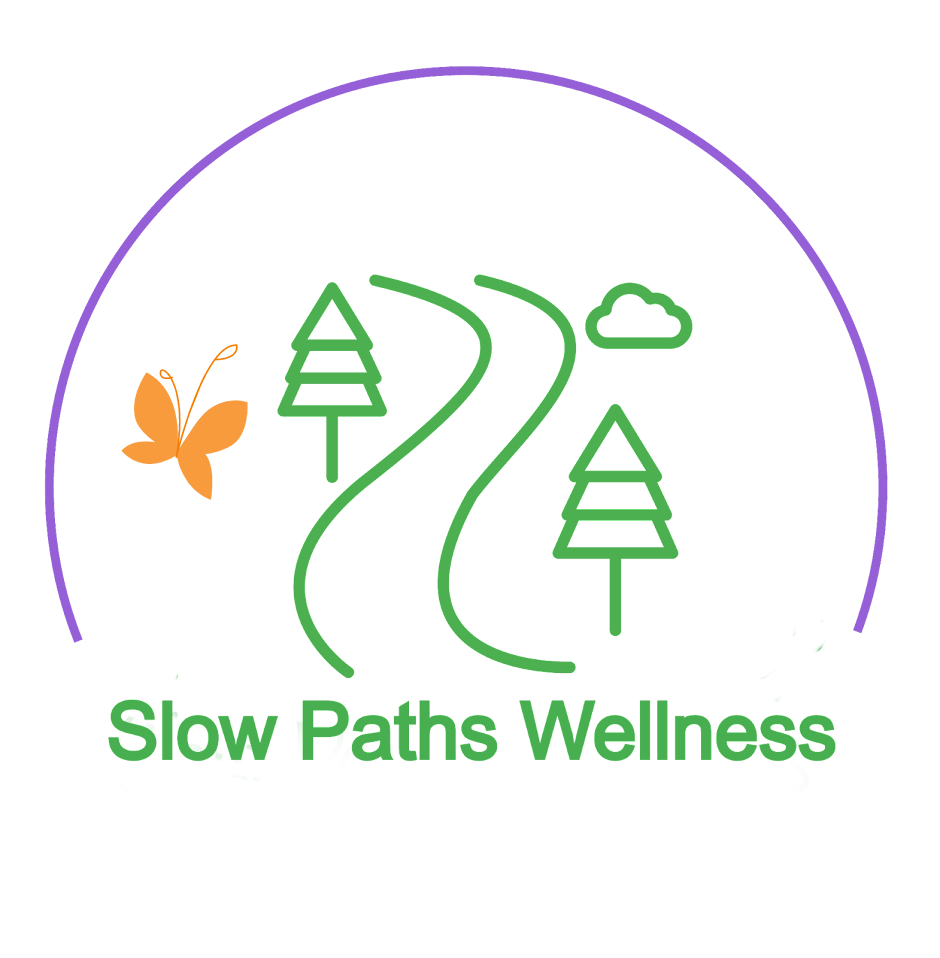Antibiotics are amazing drugs. They destroy bacteria that can kill humans and animals. The introduction of antibiotics into medicine turned once life-threatening problems like infected wounds and bacteria-based diseases into minor issues for most otherwise healthy people. But today, overuse threatens to diminish their effectiveness. Bacteria develop resistance to the currently available antibiotics, and like all medications, antibiotics have side effects.
Antibiotics' effectiveness depends on destroying bacteria. But all bacteria are not harmful; many are crucial to our ability to digest food and carry out basic life functions. They are especially important in the workings of our immune system. In the article The Fat Drug, Pagan Kennedy describes our bodies as
"the condo that your bugs [bacteria] helped to build and design. The bugs redecorate you every day. They turn the thermostat up and down, and bang on your pipes."Our unique balance of bacteria help us in all our bodily functions, and antibiotics can change how well our healthy bacteria work.
So the question becomes, how can we avoid unnecessary use of antibiotics? Fortunately, Chinese medicine has lots of advice to offer.
- Prevention. The best way to avoid antibiotics is to not need them in the first place. Use basic health strategies like getting adequate sleep, eating a healthy diet, and making time for moderate exercise to strengthen your immune system, which will improve your ability to fight off bacterial illness. Managing stress with time management, and meditation, and an optimistic outlook will also help. A less obvious tip is wearing a scarf in cold weather, since the area around the neck and shoulders is considered especially vulnerable to invasion. Also, taking probiotics, which give your body the "good" bacteria it needs to have a health immune system, give your body a way to fight infection from the inside.
- Avoiding exposure. Doing your best to avoid exposure to dangerous bacteria will also minimize your chances of needing antibiotics. Wear gloves if you will be working somewhere where you could cut yourself, or come in contact with bacteria. Skip the trip to the drug store during cold and flu season, when all the contagious sick people are there. Wash your hands frequently--with soap and water, not anti-bacterial soap, which is another overuse of antibiotics and may have its own health risks.
- Infection 911--food edition. If you actually get a cold (which would not be helped by antibiotics anyway) or infection, there are some things you can do. Rest as much as you can. If you feel more hot than cold, have plenty of cooling foods (cooked and room temperature or warmer) such as mint tea, lightly steamed cucumbers, parsley, dill, or dandelion greens. If you feel more cold than hot, eat plenty of cinnamon, ginger, and nutmeg to warm your system.
- Infection 911--herbal edition. Echinacea can help if used at the first sign of a cold. Formulas such as Yin Qiao Wan, Bai Hu Tang, and Ren Shen Bai Du Wan can all help with infections and other illnesses, but each have their own specific uses. Be sure to check in with a trained herbalist for information to be sure you get the best thing for your illness. Acupuncture can improve your immune system function, both as a quick boost and over time.
I have extensive training in acupuncture and the use of herbs. However, the statements made on this website have not been evaluated by the FDA (U.S. Food & Drug Administration). They are not intended to diagnose, cure or prevent any disease. The information provided by this website or this company is not a substitute for a face-to-face consultation with a health care provider, and should not be construed as individual medical advice. Any testimonials on this website are from individuals and do not guarantee or imply the same results.

